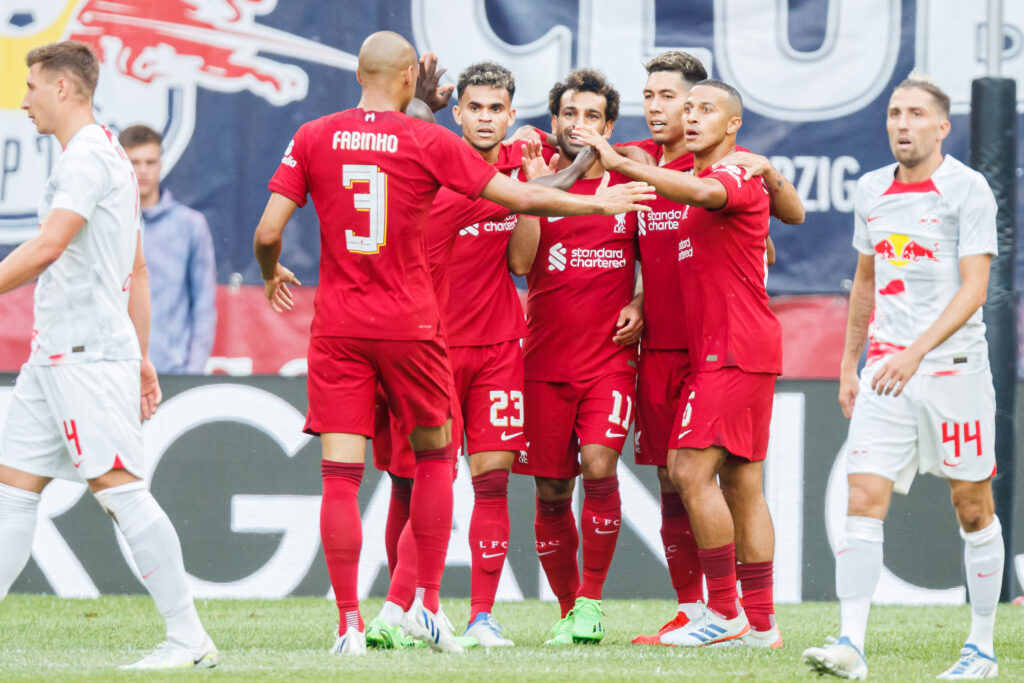FA Cup History: A Journey Through Time and Glory – The FA Cup, or the Football Association Challenge Cup, stands as a testament to the rich history and tradition of English football. From its humble beginnings to becoming one of the most prestigious competitions globally, the FA Cup has witnessed unforgettable moments, underdog triumphs, and the birth of footballing legends.

Early Days: The Inception of FA Cup
In the mid-19th century, the idea of a nationwide football competition sparked among the football enthusiasts of England. The founding fathers of the sport, led by Charles Alcock, established the Football Association Challenge Cup in 1871. The inaugural edition featured 15 teams, marking the beginning of a historic journey.
Evolution of the Format
Expansion and Inclusivity
Over the years, the FA Cup expanded its reach, welcoming clubs from different tiers of English football. This evolution not only enhanced the competition’s competitiveness but also allowed smaller clubs the chance to make a name for themselves by competing against the giants.
Replays and Dramatic Moments
The introduction of replays in the early 20th century added an extra layer of drama to the FA Cup. Memorable moments like giant-killings and last-minute equalizers became synonymous with the competition, captivating football fans worldwide.
Iconic Finals: A Showcase of Talent and Drama
Wembley Stadium: The Theatre of Dreams
The decision to host FA Cup finals at Wembley Stadium since 1923 elevated the tournament’s status. Wembley became a stage for unforgettable moments, hosting legendary finals that etched themselves into football folklore.
Great Comebacks and Shocking Upsets
From Liverpool’s comeback against Arsenal in 2001 to Wimbledon’s stunning victory over Liverpool in 1988, the FA Cup finals have provided fans with nail-biting spectacles. The competition’s knockout nature often leads to unexpected outcomes, making every final a must-watch event.
The Glory of Giant-Killings
Underdog Triumphs
One of the enduring charms of the FA Cup lies in the phenomenon of giant-killing. Smaller clubs defeating their more illustrious counterparts creates a David vs. Goliath narrative that resonates with football fans. These giant-killing acts have become an integral part of the competition’s allure.
Non-League Heroes
The FA Cup has witnessed historic moments where non-league clubs, against all odds, defeated top-tier opponents. These fairy-tale stories, often involving last-minute heroics, exemplify the unpredictability and magic of the competition.
Global Impact: FA Cup Beyond English Shores
International Recognition
As English football gained global popularity, the FA Cup’s significance expanded beyond national borders. The tournament’s finals started attracting a global audience, contributing to the globalization of the sport and elevating the FA Cup’s standing on the international stage.
Inspiring Future Generations
The FA Cup’s legacy extends beyond the field, inspiring young footballers worldwide. The stories of triumph, resilience, and underdog victories continue to motivate aspiring players, fostering a love for the beautiful game across the globe.
Modern Era: Challenges and Adaptations
Commercialization and Modernization
In the 21st century, the FA Cup faced challenges arising from the commercialization of football. However, the competition adapted, maintaining its essence while embracing changes to ensure its continued relevance in the modern football landscape.
VAR and Controversies
The introduction of Video Assistant Referee (VAR) technology brought both benefits and controversies to the FA Cup. While ensuring fair play, VAR decisions have sparked debates, adding a new layer of complexity to the tournament.
Conclusion
The FA Cup’s journey from its inception to the present day is a narrative of passion, drama, and glory. It has provided football enthusiasts with timeless moments, etching itself into the annals of sporting history. As we celebrate the FA Cup’s rich legacy, we eagerly anticipate the new chapters yet to be written on the hallowed Wembley turf.
FAQs
- When was the first FA Cup held?
- The inaugural FA Cup took place in 1871.
- How many teams participated in the first edition?
- Fifteen teams participated in the first FA Cup.
- Which stadium hosts the FA Cup finals?
- Wembley Stadium has been the venue for FA Cup finals since 1923.
- What is the significance of replays in the FA Cup?
- Replays add drama to the competition, allowing teams a second chance to progress.
- How has the FA Cup influenced global football?
- The FA Cup has contributed to the internationalization of football, attracting a global audience and inspiring players worldwide.




